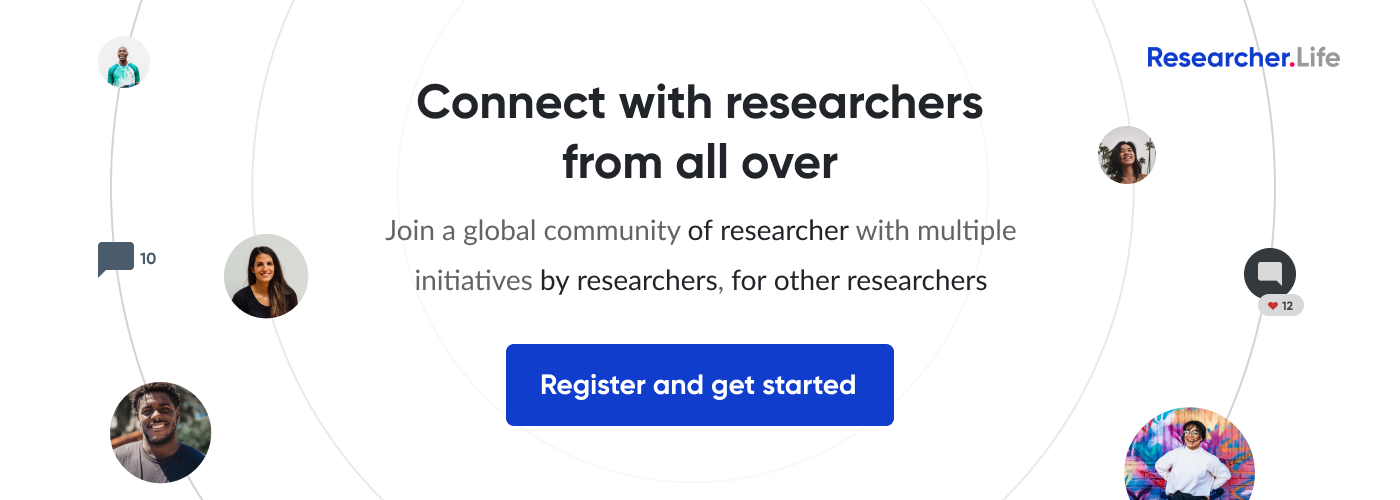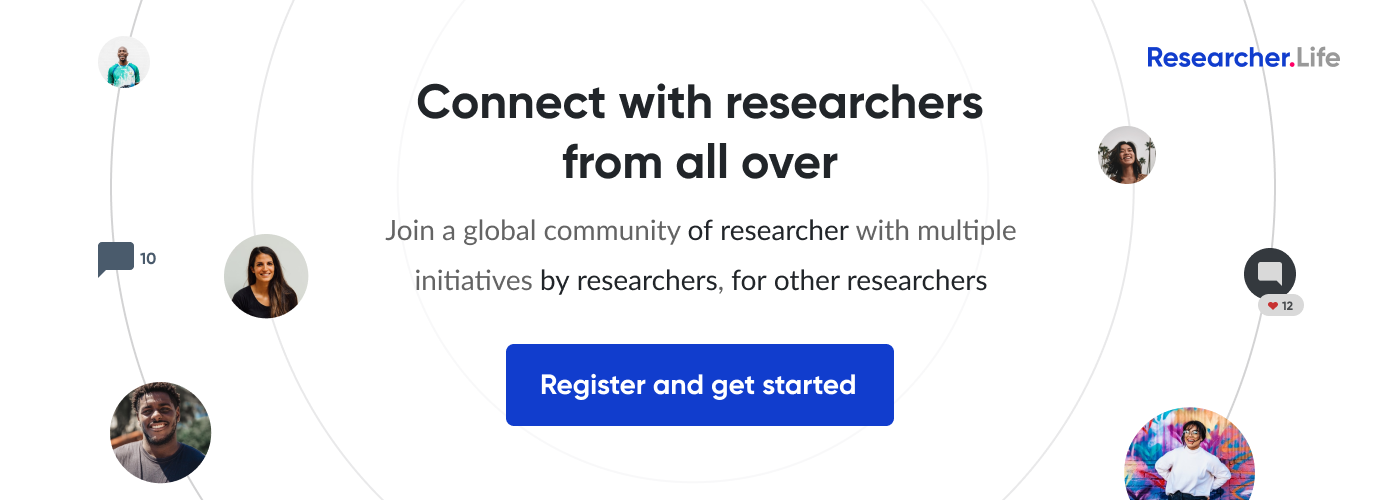Looking back at shifts in 2023’s academic landscape

At the end of a three-year-long pandemic, 2023 looked like a promising year offering opportunities for economic recovery, renewed international travel, and critical innovations. Despite setbacks, scandals, and drama, 2023 delivered on its expectation of being a fascinating and productive year for the world’s research and academic communities.
The AI revolution goes mainstream
Artificial intelligence (AI) has been a buzzword for some time, but 2023 may be remembered as the year when AI tools became popularized and accessible.
Microsoft has invested heavily in ChatGPT’s OpenAI and included an increasing array of AI-based services within their products, including the Edge browser and even Windows itself. OpenAI has also hushed speculation on Q*, its research project into artificial general intelligence (AGI)—essentially computer systems that can understand, learn, and apply knowledge in the way a human can. While Q* is not likely to be an AGI, realizing a “true” AGI could be a “singularity” moment for scientific progress.
In academic writing and publishing, AI technologies are aiding many tasks, including data processing, text editing, and even editorial decisions. While AI has been widely embraced, pitfalls remain. How to ensure that AI tools do not facilitate plagiarism or data fabrications remains under debate.
Chinese research goes from strength to strength
The United States has long been the world leader in scientific research across many metrics, and it remains a destination for many of the world’s best and brightest. However, China is beginning to show increasing prominence, and it is now on top in terms of many publishing and citation metrics. Furthermore, China’s basic research progress appears to be translating to applications. This year, China’s C919 passenger aircraft entered commercial service and SMIC is marketing sanctions-beating chips with a modified 7 nm process. However, increasingly ambivalent foreign policy with the United States, tense cross-strait relations, and various socioeconomic woes may dampen China’s long-term growth. The coming year will be another crucial juncture for China’s nascent status as a global challenger.
China isn’t alone
China's rise has been well charted, but there have been other heartening signs of progress across the Global South.
India’s research expenditures may be behind those of China, but the nation has also grown impressively in terms of research output and technical expertise, while also solidifying its position as “The World’s Pharmacy.” Likewise, other populous nations of the Global South such as Indonesia are showing impressive growth in research outputs compared to the North, showing that efforts to create more equitable research may be paying off.
Meanwhile in the North, Japan remains a world leader in science and technology, but falling currency values and a declining workforce may threaten Japan’s continued prominence, as evidence by their recent slide down research impact rankings.
A superconductor claim faces resistance
In July and August, the Internet was abuzz with talk of LK-99, a crystalline material with claimed room temperature superconductivity. The preprint by a South Korean research team described a copper-doped synthetic mineral that showed zero resistance at room temperatures. If proven true, the material could be a monumental human scientific achievement.
The claim was met with a mixture of anticipation and skepticism. Recent attempts to verify have failed to show the claimed properties, with one association from South Korea concluding the claims are implausible.
Open access opening up further
Open access (OA) is here to stay. Beyond its organic growth, OA mandates are becoming more commonplace, with more universities and governmental funding institutions like UK Research and Innovation announcing or expanding OA mandates. Some major portals like JSTOR have also announced OA initiatives. Finally, there have been more discussions about ensuring equity in OA now that the “researcher pays” model is gaining greater ground.
Human genome projects more complete and personal than ever
Verkko, a software pipeline that can be used to establish a truly complete human genome, was released in 2022 and used this year to publish a draft complete Y-chromosome genome, which included the discovery of 41 additional genes. Furthermore, a draft human pangenome was published, which covers over 99% of expected gene variation across all human genomes. Finally, the UK Biobank dataset has been published, which presents whole-genome sequences and clinical information from over 500,000 participants. Together with many more studies on transcriptomics and epigenomics, 2023 has been a great year for the development of personalized medicine.
Computer modeling of complex brains becoming a reality
Researchers from the University of Cambridge and Johns Hopkins University have created a complete synapse-level map of a fruit fly (Drosophila) larval brain. Some features of the connectivity even resemble state-of-the-art machine learning algorithms. Meanwhile, researchers have realized ever-greater understanding of transcriptomic and epigenomic mechanisms of mammalian brains to the single-cell level. Completing complex brain maps holds promise to improve artificial intelligence and even potentially realize synapse-level maps of the human brain, with countless applications.
Research integrity in the spotlight
Research relies on trust. With increasing public scrutiny, it’s more important than ever for researchers to report accurate and reliable findings. Unfortunately, the research world has recently been rattled by incidents of misconduct, both by researchers and publishers.
In 2023, neuroscientist Marc Tessier-Lavigne stepped down as the President of Stanford University following a high-profile fabrication scandal, despite inconclusive findings. Increasingly, detecting image manipulation is providing many clues that lead researchers to discover hidden misconduct.
Likewise, unethical publishing remains one of the hottest topics in research policy, recently being highlighted by mainstream publications. On a more positive note, efforts to combat academic paper mills and predatory publishers are gaining more prominence.
2024 and beyond
Nobody has a crystal ball, but AI and its applications will probably remain a hot topic. Likewise, there are no signs of slowdown in research. However, just as we saw with the pandemic and ongoing crises in Ukraine or Gaza, major upheavals can occur any time and impact research. How we respond to future geopolitical, climate, and economic crises is vital to ensuring research and academia stay healthy.
Comments
You're looking to give wings to your academic career and publication journey. We like that!
Why don't we give you complete access! Create a free account and get unlimited access to all resources & a vibrant researcher community.














